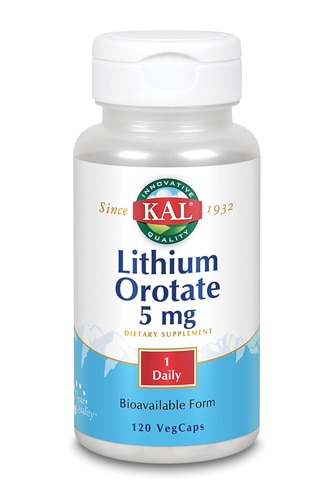Burnout, you’ve come along way baby. You are no longer relegated to office life—you’ve infiltrated home life, relationships and even spirituality. In short, you’re everywhere, an occupational hazard of being alive. You’ve even been promoted. Months ago, the World Health Organization upgraded burnout from a “state” of exhaustion to a syndrome resulting from chronic workplace stress. Burnout is now included as an occupational phenomenon in its International Disease Classification, the official compendium of diseases.
To put this meteoric rise to renown in perspective, let’s examine burnout’s backstory. Originally, the term “burnout” was coined in the 1970s by the American psychologist Herbert Freudenberger. He used it to describe the toll of severe stress and high ideals in “helping” professions. Doctors and nurses, for example, he says, who sacrifice themselves for others, would often end up being “burned out”—exhausted, listless, and unable to cope.
Now burnout is no longer relegated to these professions or to work at all. It can apply as much to the frazzled mother as it does the high-powered executive. With the explosion of technology, and the ethos of being persistently wired in and consistently on, we have all become overextended. The negative effects of burnout spill over into every area of life—including home, work, and social life. Not even our spiritual lives our immune from burnout.
It might be we are at peak burnout, and come to a place of burnout burnout.
As a recent New York Times article says, “when a disorder is reportedly so widespread, it makes me wonder whether we are at risk of medicalizing everyday distress. If almost everyone suffers from burnout, then no one does, and the concept loses all credibility.”
What is burnout?
To be a meaningful term, we have to differentiate burnout from stress. Burnout is a perfect storm of emotional, physical, and mental exhaustion caused primarily by prolonged stress. Overwhelm morphs into paralysis. You begin to lose the interest and motivation that led you to take on a certain role or relationship in the first place. If this sounds a lot like depression, you are on to something. Burnout overlaps depression, with research supporting they are on the same continuum.
Burnout isn’t the same as too much stress. According to Helpguide.org, “Stress, by and large, involves too much: too many pressures that demand too much of you physically and mentally. However, stressed people can still imagine that if they can just get everything under control, they’ll feel better.”
Burnout, on the other hand, is about not enough, says Helpguide. Burnout saps your energy, and then adds an extra layer of alienation. As the cherry on top, you feel plagued by a sense of inefficiency.
As previously mentioned, burnout doesn’t just happen at the office. It’s nimble, prone to incremental growth. It’s not picky about its roots. It can start at the office and migrate home or start at home and commute to work.
Lisa A. Neff, Ph.D., a professor in the department of human development and family sciences at the University of Texas at Austin, conducted research that supports the idea that stress can create a “negative interpretive filter.” One of her studies found “stressful experiences external to a marriage (e.g., work stress, finances) are often associated with poor relationship functioning and lowered marital satisfaction, a phenomenon called stress spillover.”
If your negative filter is coloring much of your life, you may be the presence of burnout.
Most typical burnout symptoms
Exhaustion: The feeling of nothing left to give is a common hallmark.
Alienation: A pervasive sense of disconnection and numbness from colleagues, friends or family.
Reduced performance: People with burnout are very negative about everyday tasks, find it hard to concentrate, are listless and lack creativity.
Physical symptoms: Frequent headaches or muscle pain, lowered immunity resulting in frequent illnesses, change in appetite, stomach or bowel problems, or sleep habits.
How to move from burned out to balanced
Although the term "burnout" suggests it may be a permanent condition, it's reversible. If you feel like you might have burnout, you may need to make some changes to your environment. Healthy relationships can be a huge help in overcoming burnout. Plus, consistent self-care—as opposed to “other-care”—can help you replenish and rejuvenate from within.




